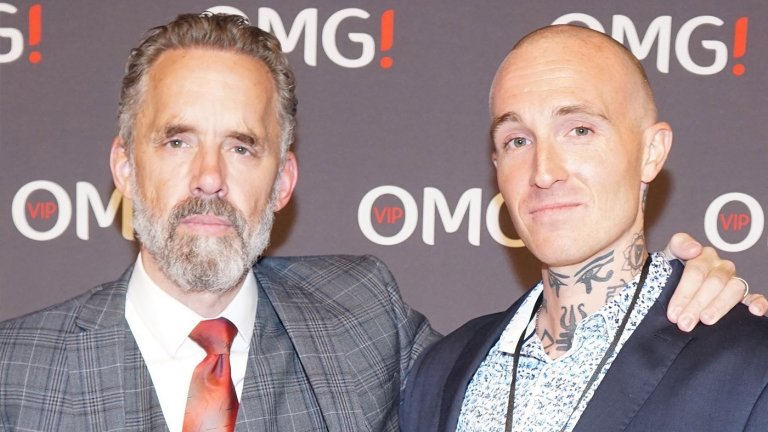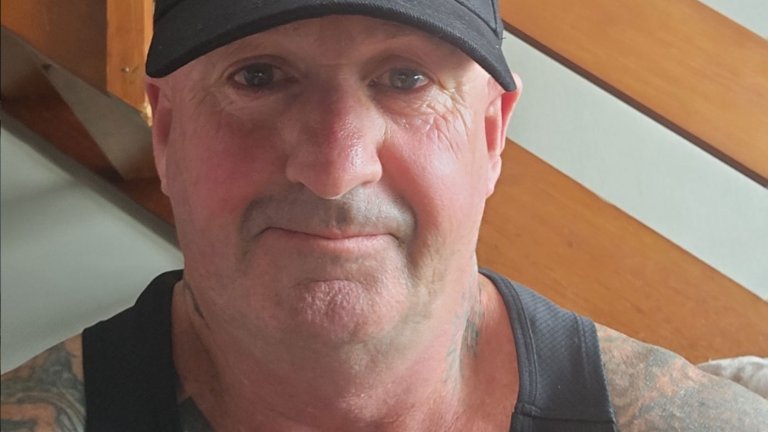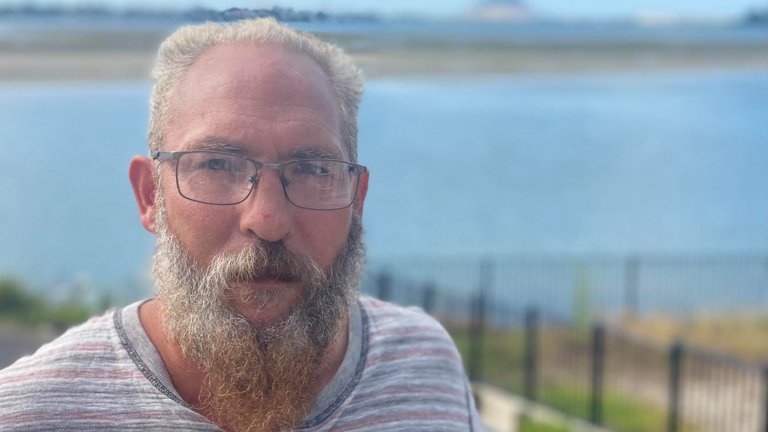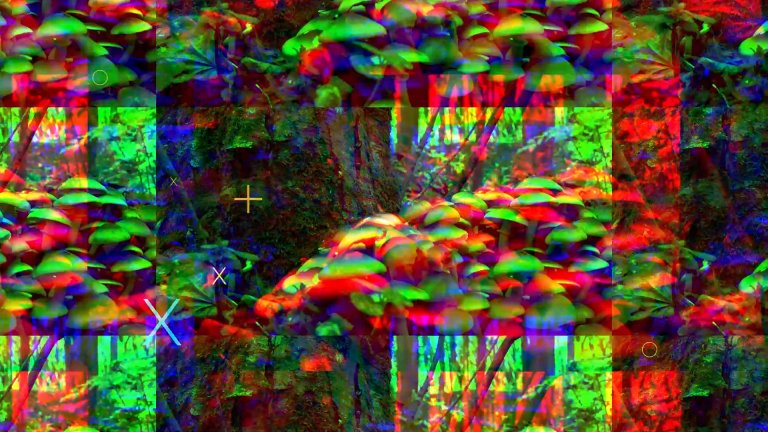The drugs don’t work, they just make you worse
Paris Williams, a psychologist, challenges conventional views on mental health and psychosis in his groundbreaking book "Rethinking Madness," advocating for a paradigm shift in understanding and treatment. Through insightful research and case studies, he demonstrates that embracing struggles rather than masking them with quick fixes may lead to profound transformation and full recovery. Surprisingly, traditional Western medical approaches often hinder recovery compared to holistic models found in some of the world's poorest nations.
The Agnews Hospital Study, a landmark research effort, revealed that long-term use of antipsychotic medication may do more harm than good, with those never receiving medication showing greater improvement and less pathology over time. Similarly, WHO studies suggest that patients in developing countries often fare better than those in developed nations, challenging the efficacy of Western treatment approaches.
Williams explores the idea that supported psychotic episodes may offer valuable insights and contribute to societal change, citing historical figures like Sir Isaac Newton and Vincent van Gogh. He emphasizes the goal of the recovery process as embracing our unique humanity rather than conforming to a narrow definition of normalcy.
Other psychological frameworks, such as the Process Paradigm and models proposed by Isabel Clarke and John Teasdale, shed light on the complexities of psychosis and the importance of holistic approaches to mental well-being. Ernest Becker's concept of the "denial of death" and Otto Rank's exploration of life and death fears further enrich the discourse, highlighting the existential dilemmas inherent in human existence.
Williams introduces his Duality/Unity Integrative model (DUI), which explores the interplay between individuality and interconnectedness, suggesting that imbalance in these poles can lead to dis-ease. Drawing from Eastern philosophies, he advocates for a deeper understanding of our interconnectedness with each other and the natural world.
Ultimately, Williams invites readers to reconsider their relationship with themselves and the world around them, advocating for empathy and compassion as essential tools for healing and societal transformation. Embracing our struggles and interconnectedness, he suggests, may hold the key to navigating a world in desperate need of change.






